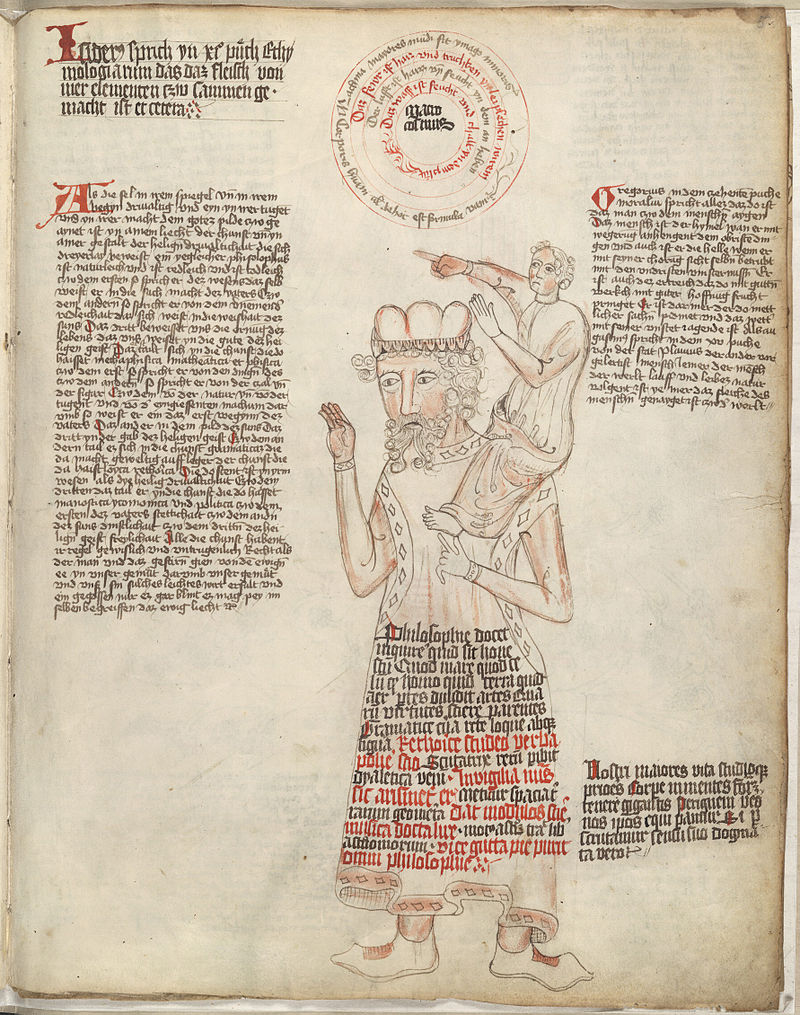Ann wrote: ↑Tue May 15, 2018 5:14 am
I once read a slightly fictionalized biography on Kepler, but fictionalized or not, I believe that most of the things the book told me were true. Such as, Kepler had to put up a legal fight to save his mother from being burnt at the stake as a witch (twice, if I remember correctly); Kepler worked as a teacher, but he was so lousy at his job that all his students quit; Kepler married and had children, but at least one of his children died, and I'm not sure he had any others; Kepler had to flee from one part of Europe to another as the princes and governors of the rather small nation-states changed their religion back and forth and made Kepler's scientific studies alternatively acceptable and heretical; and it was when he was traveling to find a new safe haven that he died, at the age of 58, in an inn where he was going to spend the night.
The hardships of his life were such that you have to wonder how he could come up with his groundbreaking Third Law. But I guess he had some help from pilfering Tycho Brahe's extensive studies on planetary motion. In Scandinavia, there are some people who believe that Kepler murdered Tycho Brahe in order to get at his notebooks. Ah, my fellow Scandinavians, leave poor Kepler alone!
Ann
Kepler did have a number of children. He was also married twice. His first wife (and a number of children) died during a siege on the city in which they were living because they were Protestants and this was a time where there were outright wars between the Protestants and Catholics. There was an outbreak of typhus, I believe, and while he tried to reach them, he was not allowed into the city. He had been traveling for work. He spent long years working for one of the nobility but he couldn't get the man to pay him. He was usually destitute. Even after his death, one of his sons-in-law had to bring a suit against the noble to get payment to be given.
His life was never easy. His father was a mercenary and as such abandoned the family, leaving them poor. He described his mother as cold and unloving, but he had to defend her from charges of witchcraft because it was kind of his fault. He wrote what is arguably the first science fiction novel called Somnium (The Dream) where he travels to the Moon by means of a spell cast by a woman who people decided was his mother.
He worked for Tycho Brahe and had been promised access to his data upon Tycho's death, but Tycho's family tried to keep it from him because he was of low social status. So yes, he did steal the data, but it was only because Tycho's family wouldn't fulfill the promise Tycho had made.
On top of all of this, he was said to be myopic and wrote to Galileo for information about his new telescope. He was, as stated, an ardent advocate of the Copernican system, but Galileo ignored him because he was a poor Protestant and Galileo was a wealthy Catholic.
I really feel for the guy. He had challenge after challenge and his life never seemed to be easy. His dream had been to be a priest (he was always a man of faith) but he couldn't afford to do it. That's why he studied mathematics instead.
When I teach about Galileo and Kepler, I always talk about how much I like and respect Kepler and sympathize for his hard but amazingly successful life.
 Kepler's House in Linz
Kepler's House in Linz




